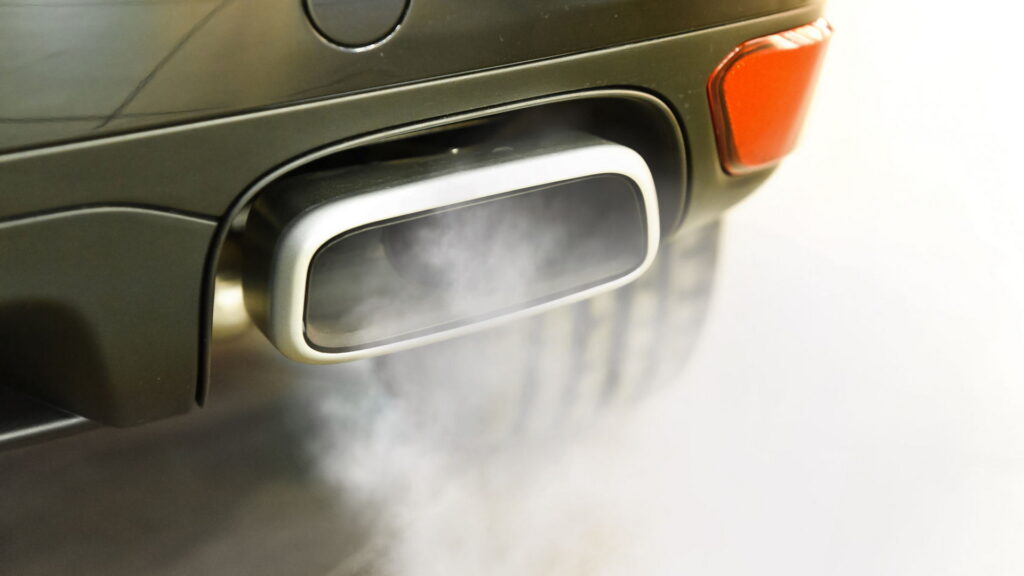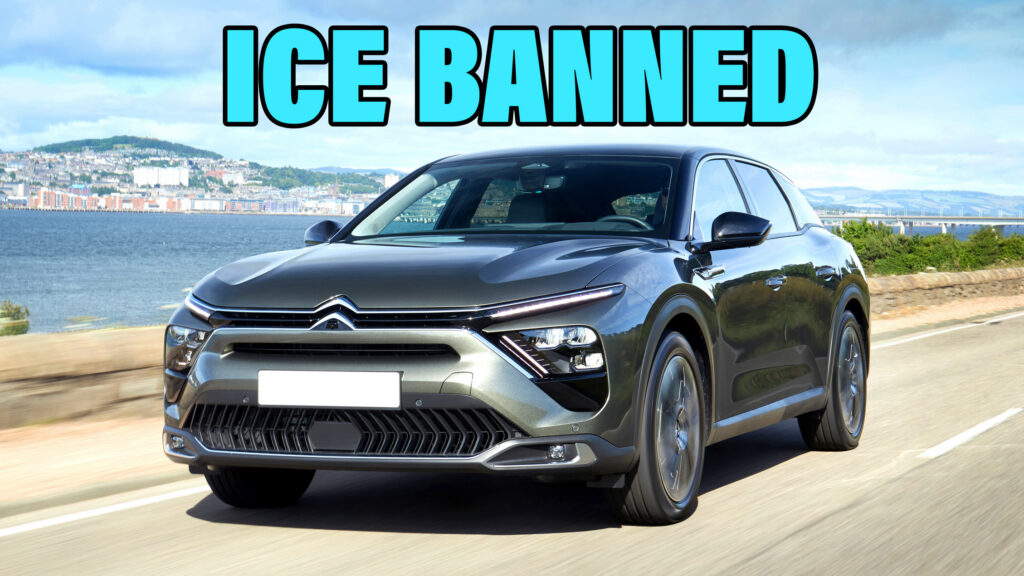Lawmakers in the European Union have officially approved a law that will ban the sale of new gas and diesel vehicles by 2035. The law will also introduce tougher targets on the way to zero emissions sales, but leaves some wiggle room for small-scale manufacturers.
The law requires automakers to cut 100 percent of CO2 emissions from their new vehicles by 2035. That, in effect, will make it impossible for large-scale manufacturers to sell new vehicles that run on gas or diesel.
It also requires automakers to cut their emissions by 55 percent (as compared to 2021) by 2030. Before the law was approved, automakers were only required to cut emissions by 37.5 percent by that same date. Vans will only have to have their emissions cut by 50 percent in 2030, but will also have to cut emissions by 100 percent by 2035.
Read: EU Officially Agrees To Effectively Ban Sales Of New Gas And Diesel Cars From 2035

“These targets create clarity for the car industry and stimulate innovation and investments for car manufacturers,” said Jan Huitema, the European Parliament’s lead negotiator on these rules. “Purchasing and driving zero-emission cars will become cheaper for consumers and a second-hand market will emerge more quickly. It makes sustainable driving accessible to everyone.”
The law does include some exceptions, though. Following resistance from small-scale automakers and, in particular, Italy, some leeway will be given to manufacturers that make fewer than 10,000 vehicles per year. They will be able to negotiate lower emissions reductions until 2036.
These emissions restrictions were first proposed in 2021, and a deal was agreed to in October 2022. Now, the European Parliament has formally approved the law, but it will still have to be rubber-stamped by the European Council before being published in the EU Official Journal. That final approval is expected to come in March.





